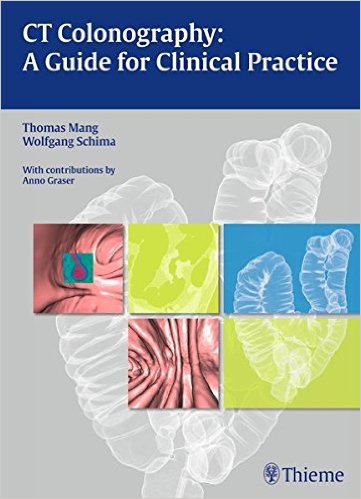
[highlight color=”red”]CT Colonography: A Guide for Clinical Practice 1st Edition[/highlight]
[ads2]
Highly effective as a minimally invasive diagnostic and screening tool, CT colonography (CTC) is an important part of today‘s clinical armamentarium. In this concise, step-by-step guidebook, written by specialists who also run training courses in CT colonography, readers will find a wealth of information for everyday practice. From examination methods and image interpretation, to screening and reporting issues, to common mistakes
and pitfalls to avoid, this compact book is all-inclusive, ideal for both beginners and more experienced examiners who want to deepen their knowledge of this powerful technique.
Special Features:
- Full discussion of how to
begin, including indications and contraindications, patient preparation, CT
examination techniques, and patient risk profile - Strategies for data
analysis and clinical interpretation, including 2D and 3D applications
(“virtual” visualization), polyp measurement, and computer-assisted detection of
polyps - Informative, point-by-point sections on clinical
findings, starting with normal anatomy of the colon and moving on to common
diseases, postoperative conditions, pitfalls and artifacts, and incidental
extracolonic findings - More than 500
top-quality, fully labeled illustrations (245 in full color), including normal
CT scans and 2D and 3D reconstructions that demonstrate diagnostic criteria,
possible differential diagnoses, and disease states - Guidelines for
standardizing reports and documenting findings - Tips on how to
train for CT colonography in your clinical practice
[ads1]
With all methods and techniques following current international guidelines and consensus statements, this book offers easy-to-implement, standardized clinical protocols that can be applied in both the clinic and the out-patient setting. It is essential for all radiologists and gastroenterologists who are interested in learning about the fundamentals of CT colonography and how to interpret and report findings, as well as for physicians who need a reliable overview of this robust and useful detection and screening tool.

